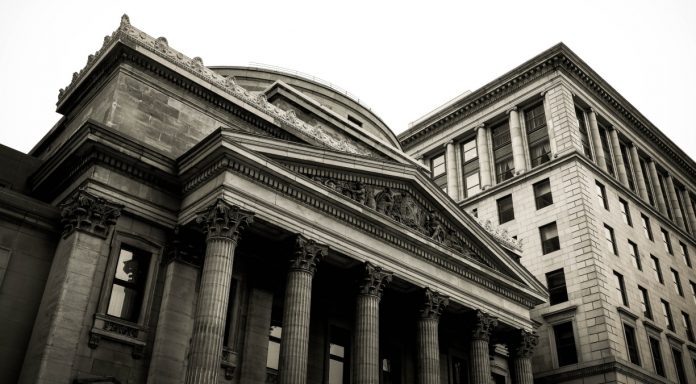- Pound (GBP) looks to the BoE
- The central bank is expected to hike rates 25bps
- Euro (EUR) is supported by the weaker USD
- EZ consumer confidence data due
The Pound Euro (GBP/EUR) exchange rate is rising after two days of losses. The pair fell 0.4% in the previous session, settling on Thursday at €1.1294 after trading in a range between €1.1293 – €1.1402. At 05:45 UTC, GBP/EUR trades +0.06% at €1.1301.
The pound fell yesterday despite UK inflation unexpectedly rising to 10.4% year on year in February, up from 10.1% in January. This was also well above analysts’ forecasts of a decline to 9.9%. The surprise rise in inflation was in part caused by one-off factors such as weather troubles causing a vegetable shortage in the supermarkets.
Inflation in the UK is proving to be much stickier than in other countries, which, combined with the turmoil in global banking stocks, puts the Bank of England in a difficult spot when it meets to discuss monetary policy today.
Given the high level of inflation, expectations of a 25-basis point hike have been cemented. The question is what comes next. The central bank has suggested that it is near the end of its hiking cycle. There is a concern that the central bank, which has hiked rates for the past 10 meetings, could over-tighten, sending inflation below the 2% target further down the line.
The euro rose in the previous session, boosted by the weaker USD and after more hawkish comments from ECB president Christine Lagarde. Lagarde has been clear and recent speeches that inflation in the region is still too high further rate hikes could be necessary.
Today attention turns to eurozone consumer confidence which is expected to improve slightly to -18.3 in March, up from -19 in February. Improving consumer confidence often goes hand in hand with higher spending, easing recession fears.
ECB’s Chief economist Philp Lane is also due to speak later today and will be watched closely for signs as to whether he is as hawkish as Christine Lagarde is sounding.





